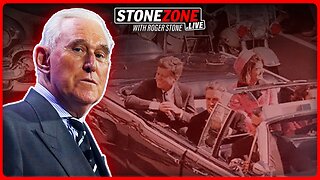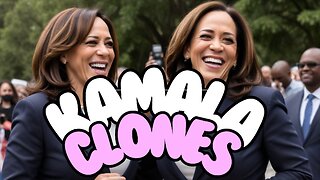Civil War Generals Grant vs. Lee
The Civil War generals Ulysses S. Grant and Robert E. Lee emerged as two iconic figures whose military strategies and leadership profoundly influenced the outcome of the conflict. Grant, leading the Union forces, and Lee, commanding the Confederate army, engaged in a series of strategic maneuvers and fierce battles that shaped the course of the American Civil War.
Ulysses S. Grant, known for his dogged determination and tenacity, rose to prominence through a series of victories in the Western Theater of the war. As general-in-chief of the Union armies, Grant adopted a strategy of relentless offensive action against the Confederacy, aiming to wear down the enemy's forces through attrition. His relentless pursuit of victory, epitomized by the bloody battles of Shiloh, Vicksburg, and Chattanooga, earned him the nickname "Unconditional Surrender" Grant.
In contrast, Robert E. Lee, a distinguished military tactician and revered figure in the South, commanded the Confederate Army of Northern Virginia with skill and brilliance. Lee's tactical genius was evident in his audacious maneuvers, such as the daring invasion of the North during the Maryland Campaign and the stunning victory at the Battle of Chancellorsville. Despite being outnumbered and facing significant logistical challenges, Lee's army achieved remarkable successes on the battlefield, earning him the reputation of a masterful strategist and inspiring leader.
The clash between Grant and Lee reached its climax during the Overland Campaign and the subsequent siege of Petersburg in 1864-1865. Grant's relentless pressure and superior resources gradually wore down Lee's army, culminating in the decisive Union victory at the Battle of Appomattox Court House in April 1865. Facing overwhelming odds and dwindling supplies, Lee surrendered his army to Grant, effectively ending the Civil War.
The rivalry between Grant and Lee epitomized the broader struggle between the Union and the Confederacy. Their contrasting leadership styles, strategic approaches, and personal characteristics played a pivotal role in shaping the outcome of the conflict. Despite their divergent paths, both generals left an indelible mark on American history and are remembered as iconic figures in the annals of military history.
-
 1:29:47
1:29:47
Precision Rifle Network
12 hours agoRex & Joel Live S2E3
30.9K3 -
 1:03:16
1:03:16
The Anthony Rogers Show
15 hours agoEpisode 308 - Lessons from the Afterlife
15.4K2 -
 0:56
0:56
Memology 101
14 hours agoMSNBC "finds it SHOCKING" that voters believe Biden is a GREATER THREAT to democracy than Trump
27.3K44 -
 1:13:28
1:13:28
The Charlie Kirk Show
5 hours agoTHOUGHTCRIME Ep. 44 — Mud-Faced Millionaires? Trump Jail = Good? The Unfunny Left?
76.4K26 -
 1:53:30
1:53:30
Kim Iversen
8 hours agoBiden Confronts "Genocide Joe" Nickname, Ann Coulter Tells Vivek To His Face Only Whites Should Be President, The Great Taking w/ Chris Martenson
55.1K229 -
 1:44
1:44
Rebel News
8 hours agoLAST CHANCE! Tickets are almost sold out for Rumble Live and Rebel News Live!
49.1K13 -
 1:01:20
1:01:20
The StoneZONE with Roger Stone
11 hours agoJFK Murder Re-Examined. Shot From Front And Back = Conspiracy! The StoneZONE w/ Roger Stone
30.9K25 -
 1:08:00
1:08:00
TheMonicaCrowleyPodcast
11 hours agoReal Collusion with Benny Johnson
22.8K7 -
 1:38:38
1:38:38
OFFICIAL Jovan Hutton Pulitzer Rumble
6 hours agoKamala Clones! They Exist! Or At Least They All Went To The Same Political Prep School
27.9K7 -
 1:28:45
1:28:45
Donald Trump Jr.
14 hours agoInside Our Intel Agencies, a Lack of Intelligence: Former Deputy DNI Cliff Sims Knows Why | TRIGGERED Ep.135
111K94